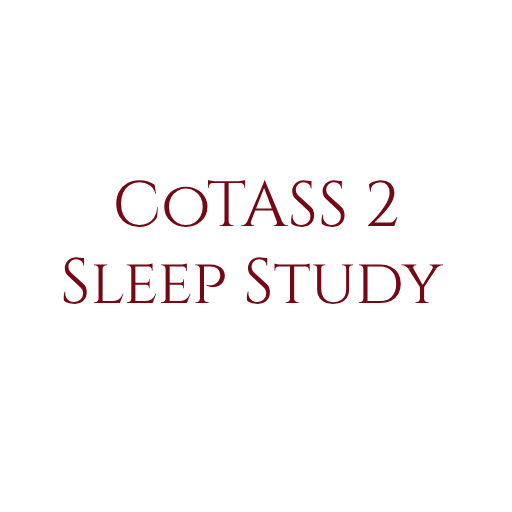Introduction
The Sleep sub-study was conducted within the Colombo Twin and Singleton Follow-up Study and determined the contribution of sleep and activity to the prevalence of metabolic syndrome and depression in Sri Lanka. It also aimed help to understand the potential for estimating the degree to which phenotypic correlations in sleep parameter are due to shared genetic or environmental factors as well.
It is the first study conducted in a South Asian country to determine population based estimates of sleep parameters with a fixed 12 hour photo-period.
Sleep duration and physical activity data were collected using actiwatches. Sleep diary and questionnaires helped to validate the collected data. The actiwatches were worn by participants for a period of 7 days.
The collected data was analyzed and generated the journal article titled “Agreement between subjective and objective measures of sleep duration in a low-middle income country setting” .
Participants
- 3750 Participants
Aim
To assess the association between reported sleep quality and depression in a population
based sample in Colombo.
Methodology
- Data from 3750 participants over the age of 18 years from the Colombo Twin and Singleton
Follow-up Study (2016) were used. - Ethical approval obtained from ethics review committees in Sri Lanka, IJK, and Australia.
A nested-case-control study design was used for data analysis. - Subjective sleep quality for past month was measured using Pittsburgh Sleep Quality Index
(score >5 indicated poor sleep quality). - Beck Depression Inventory 11 measured depression (score equal to or >14 indicated mild to
severe depressive symptoms).
Results
- 9% had mild to severe depression symptoms
- (MSDs) (95% Cl 8% to 10%).
- 65% had self reported poor quality sleep
- (95% to 67%).
- Depression symptoms were strongly
- assodated with PSQ (p0001 ).
- Participants with PSQ were 3x more likely
- to have MSDs. OR 3.22, 95% Cl 284-4 45
- (adjusted for age, and education)
- Females with PSQ had higher odds of
- developing MSDs.
- (OR 3.92. 95% Cl 265-6.03, p<.0001)
- Older participants had higher odds of developing MSDs with PSQ:
- 35-54 years (OR 5.01, 95% Cl 2.84-8.84, p<.0001)
- 55+ years (OR 6.0, 95% 235-15.09,
Conclusion
- People with poor sleep quality are more likely to have mild to severe depression symptoms.
- These results warrant the need to address sleep quality in people presenting with symptoms of depression.
- Further research into causality, socio-cultural factors and omics research needs to be conducted.
